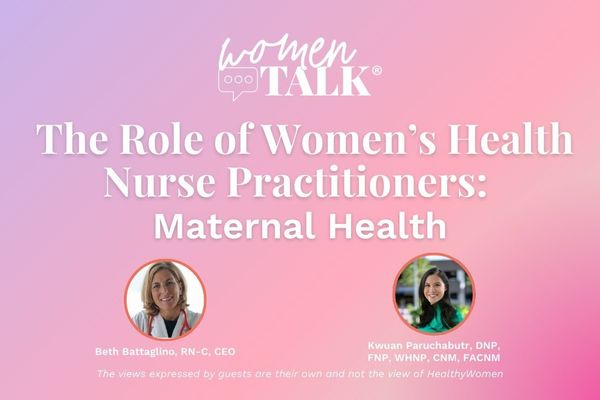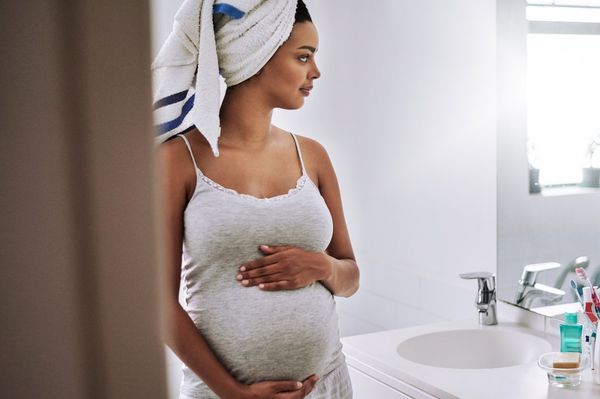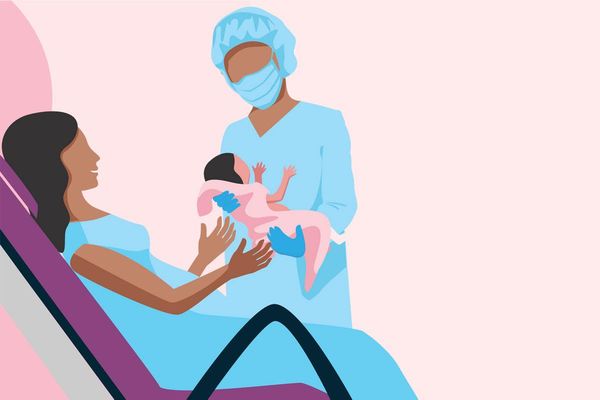I'm a generally fit and healthy person but I'm never as conscious about my health as I am when I'm pregnant or planning a future pregnancy. For example, I was on prenatal vitamins 6 months before I even went off my birth control pills. Every time I went to my pharmacy to get both prescriptions filled my pharmacist felt the need to explain that the prenatal vitamin was for a healthy pregnancy and the birth control pill was to avoid pregnancy. He would then ask if I was certain I wanted both. He just didn't get it. Sigh.
Anyway, this morning I learned about a study from which it was determined that taking vitamins before and during early pregnancy is associated with reduced risk for miscarriage, researchers have determined. However, it may be that the connection is related to generally healthy practices among vitamin takers.
"These results need to be replicated before formal conclusions are drawn," emphasized Dr. Reem Hasan, at the University of North Carolina-Chapel Hill.
Supplemental vitamin recommendations for women who are pregnant, or are planning to become pregnant, are aimed mainly at reducing the risk of birth defects, Hasan and colleagues note in the American Journal of Epidemiology. Their study provides evidence "that vitamins may reduce the risk of miscarriage as well," Hasan told Reuters Health.
Between 2000 and 2008, Hasan's team interviewed 4752 women during their first trimester of pregnancy to determine their use of prenatal vitamins and multi-vitamins.
Overall, 95 percent of the women reported using prenatal vitamins or multivitamins at some point during the first three months of pregnancy. About half the women reported taking vitamins prior to conception.
There were 524 miscarriages among the subjects. The researchers found that the risk for miscarriage was 57 percent lower among women who took vitamins, compared to those who did not.
This reduced risk was not altered by other factors including age, hormone use, the number of prior pregnancies, smoking status, race/ethnicity, educational level, and marital status, note Hasan and colleagues.
"Because miscarriage occurs very early in pregnancy, it is important for women of reproductive age, who may become pregnant, to eat a balanced diet and use vitamins." Hasan advised.
However, the study was unable to account for dietary factors or healthy lifestyle behaviors, and did not differentiate between prenatal vitamin and multivitamin use. Therefore, Hasan's group calls for further investigations into how these factors might alter miscarriage risk. By Joene Hendry, NEW YORK (Reuters Health) SOURCE: American Journal of Epidemiology, June 2009.
Search powered by AI

Learn about our editorial policies
Medically Reviewed
You might be interested in





